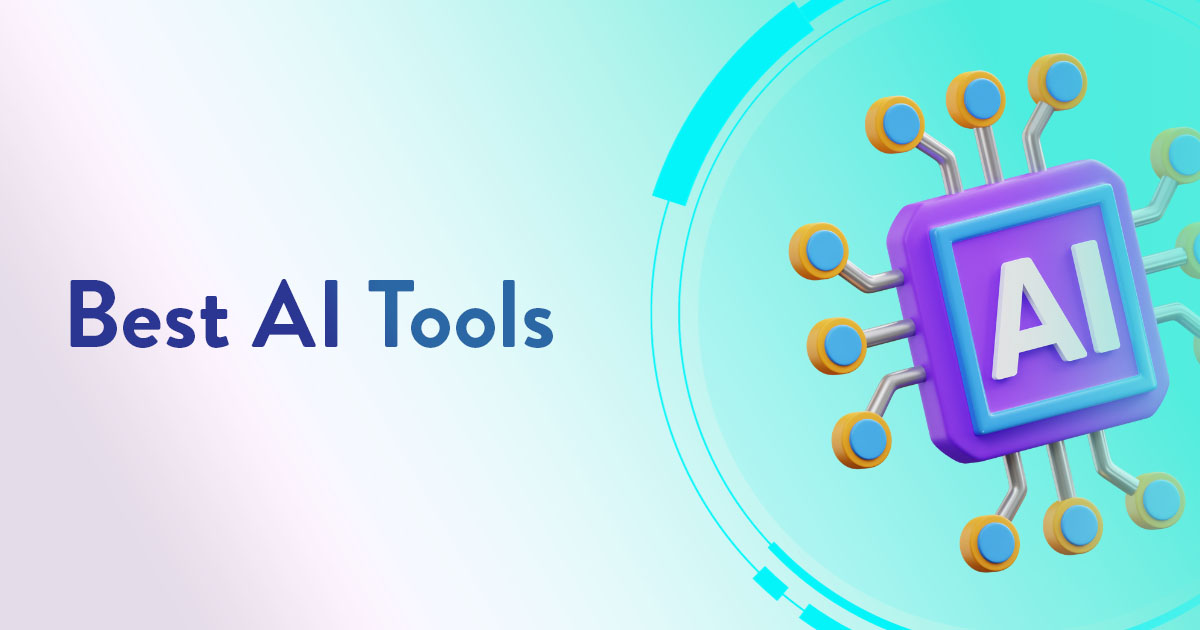Fast-paced societies are increasingly demanding that entrepreneurs maximize productivity while pursuing multiple business ventures. AI has introduced a plethora of tools that can dramatically enhance efficiency, streamline workflows, and limit the repetition of monotonous tasks. Here’s a rundown of the essential AI tools an entrepreneur should integrate into their daily routine:
1. Time Management: AI-Powered Scheduling Tools
The most valuable asset that a business owner owns is time. Having to schedule meetings, set reminders, and try to organize your day can take up much mental energy. Fortunately, scheduling assistants that run on AI can help automate this.
Top Tool: x.ai
An AI-powered meeting scheduler that connects with your calendar and helps you decide on the best times for a meeting. You can send an email to your assistant requesting appointments, and it will handle all the back-and-forth with your clients or your team.
Alternative: Clockwise
This AI-based scheduling tool uses the algorithm to schedule focus time for deep work and also schedules meetings during peak production when you are most productive.
2. Task Automation: AI-Powered Workflow Tools
Every other time that you are undertaking a task, emailing, form fill-ups, as well as tracking projects, these are routine processes and hence can be automated using an AI-based workflow application. Automation of processes gives one room to concentrate on strategic work.
Top Tool: Zapier
Zapier connects over 3,000 applications, allowing you to automate workflows without needing any type of coding. You can create “Zaps” to automatically send notifications, update spreadsheets, or share on social media when a specific trigger occurs.
Alternative: IFTTT (If This Then That).
IFTTT allows users to create simple applets that can be triggered on any workflow between devices and platforms. By this means, you would be able to save automatic attachments sent via email into your cloud storage or send reminders directly to yourself for certain content in the email.
3. Content Generation: AI-powered Writing and Editing tools
AI writing tools are game changers for entrepreneurs who own a blog or social media, or indeed any content-heavy marketing strategy because it can generate ideas to even edit your writing for clarity and engagement.
Top Tool: ChatGPT (OpenAI)
Whether you need article writing, email drafting, or ideas to be creative, you can find ChatGPT as the most supportive assistant. It can write coherent paragraphs based on your prompts, which makes it one of the best assistant tools for content creation.
Alternative: Grammarly
Grammarly is the tool that checks spelling, grammar, tone, and readability using AI. Extremely helpful for entrepreneurs who will have to write a thousand reports often, emails, or social media posts. All content will come out polished and professional.
4. Project Management: AI-Enhanced Platforms
Proper project management is very important to ensure that things are accomplished on time and in the right sequence. AI-enabled project management tools can help an entrepreneur track what has been done, set deadlines, and keep up with his team’s activity in a much more efficient way than otherwise.
Top Tool: ClickUp
It’s an all-around project management platform, with AI that prioritizes tasks, predicts deadlines, and even analyzes team performance. It can integrate with many tools and offers a centralized place for managing all projects.
Alternative: Monday.com
Monday.com is also known for its customizable workflows. It also uses AI in the way of insights about project timelines and in the prediction of bottlenecks. Pretty intuitive way to organize team projects and track them.
5. Customer Relationship Management (CRM): AI for Lead Management
A business has to manage the customer relationship to grow. AI-CRM technology helps to automate interaction with customers while analyzing sales data and making predictions of customer behavior, thus saving entrepreneurs time spent in closing deals and tailoring service according to needs.
Best Tool: HubSpot
HubSpot makes use of AI to complement CRM capabilities where, it automatically performs work like lead scoring and sales forecasting, along with email marketing. It also gives insights on customer interactions and their conversion triggers.
Alternative: Zoho CRM
Zoho CRM contains an AI assistant named Zia that can assist the entrepreneurs in managing leads, creating a tabular representation of their sales data, and even suggesting the best times to contact clients. It gives entrepreneurs access to predictive analytics so that they can arrive at data-driven decisions.
6. Email Management: AI-Driven Inbox Optimization
E-mails remain one of the most commonly used means through which businesses communicate, but checking and processing an overflowing inbox can really be exhausting. The smart tools with AI capabilities can help prioritize important messages and even suggest responses or even unsubscribe when such newsletters are identified as unwanted.
Top Tool: Superhuman
Superhuman is an AI-augmented client for sending, receiving, and organizing your email at breakneck speeds. Superhuman’s AI prioritizes your emails, suggests quick replies, and gets you to inbox zero faster.
Alternative: SaneBox
SaneBox makes use of AI-driven filters to your inbox so that all the emails end up in the right place either because of importance or behavior. It also reminds you of follow-ups and one-click unsubscribe.
7. Data Analysis: AI for Insights and Decision Making
Data is at the back of any business decision. But it has become overwhelming to sift through voluminous amounts of data manually. Hence, AI-driven data analysis tools can process information very fast, recognize patterns for possible actions, and help derive actionable insights.
Top Tool: Tableau
Tableau uses AI to transform raw data into interactive dashboards and reports. That is to say, entrepreneurs can quickly see trends, track all the key metrics, and make decisions based on raw data.
Alternative: Power BI (Microsoft)
Power BI’s AI features make it a strong contender for data analysis. It helps entrepreneurs visualize data, create reports, and even use predictive models to make informed decisions.



